We've all been there right? You paid for a game, it required an active internet connection and a couple of years later the publisher decided they're done with it and shut it down leaving you with a broken game. Annoying.
Very annoying. It repeatedly happens, mostly AAA publishers that do it and their games are often quite expensive too. One of the most recent is The Crew from Ubisoft, a game that until late December last year cost £25.99. The developers at Ubisoft Ivory Tower announced on December 14th that as of March 31st, 2024 the servers would be shut down and so it will no longer be playable for anyone. The Crew 2 is still online, and Ubisoft are about to launch The Crew Motorfest on Steam on April 18th.
So now YouTuber Ross Scott of Accursed Farms, has launched the Stop Killing Games campaign to try and better highlight the issue. As noted on the campaign website: "An increasing number of videogames are sold as goods, but designed to be completely unplayable for everyone as soon as support ends. The legality of this practice is untested worldwide, and many governments do not have clear laws regarding these actions. It is our goal to have authorities examine this behavior and hopefully end it, as it is an assault on both consumer rights and preservation of media. We are pursuing this in two ways:"
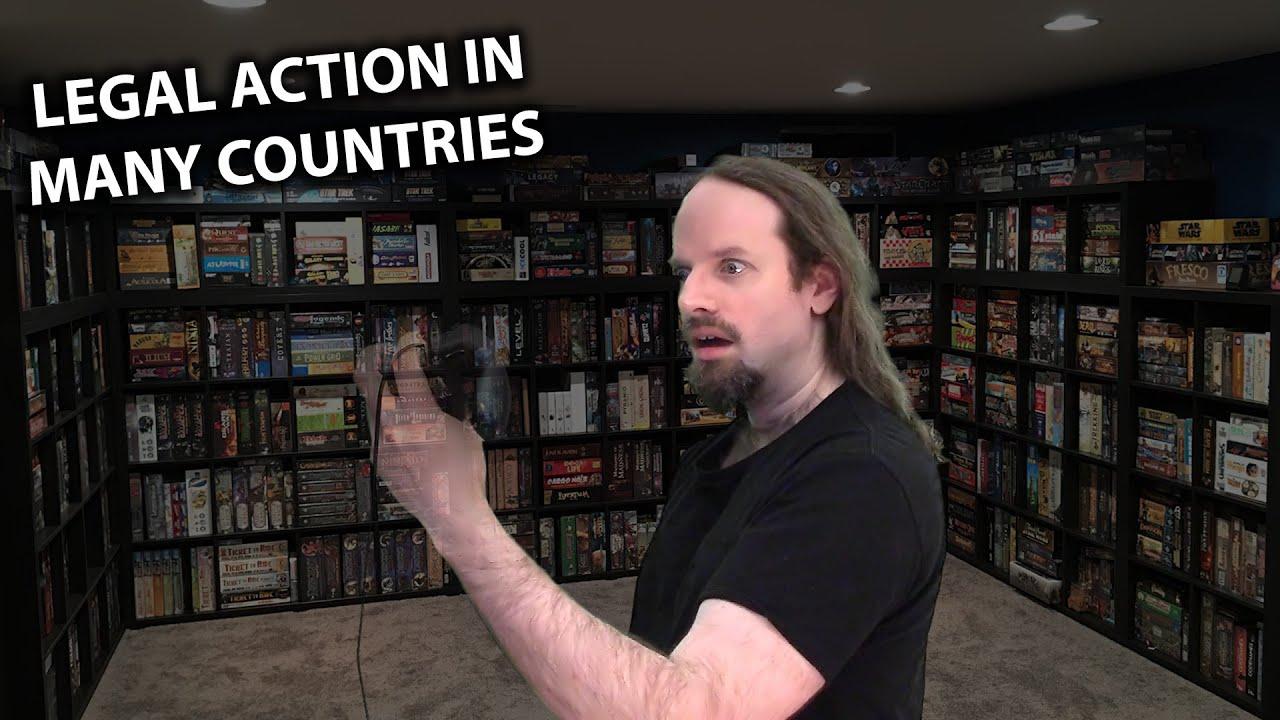
Direct Link
It's definitely an interesting and often frustrating issue, especially for games that could seemingly continue to let you play offline without too much trouble. It's a complicated issue though, and the campaign might not end up going anywhere, but it's certainly going to be interesting to watch.
Unquestionably a campaign I can get behind though, because I've said for years it's a really poor situation for consumers to have your purchase suddenly stop working forever that you've not just put money into but often a ton of your time. It's a question of preservation too, the games are just — gone. I miss the days where you could just host your own server.
What are your thoughts?
Quoting: EhvisI mean, I agree. I personally don't purchase always-online games. I would love to play Helldivers 2 but as long as it has online DRM that's a no.We've all been there right? You paid for a game, it required an active internet connection and a couple of years later the publisher decided they're done with it and shut it down leaving you with a broken game.Actually no. I've kept to my principles and that meant I've not had to endure this. No required third party on-line dependencies in a purchased game. That means no launchers with on-line DRM, no Denuvo, no third party accounts. Technically that still means I could purchase games directly from the likes of Ubisoft and such, but a lack of trust has keep me away from those.
That said, I obviously agree with this. But as long as people keep buying these games it'll stay like this.
The problem is, I was burnt. I had purchased always-online games before, unknowingly. Because that's the issue really, no store actually informs you whether a game needs a constant online connection or not before you buy it. Which is what I think should be illegal at the very least
So I lost a couple games that way and that's what prompted me to never buy always-online games ever again in the first place. And this is the crux of the matter, there will always be people who haven't been burnt yet and are simply unaware. Better information for consumers on this must be legislated, if nothong else
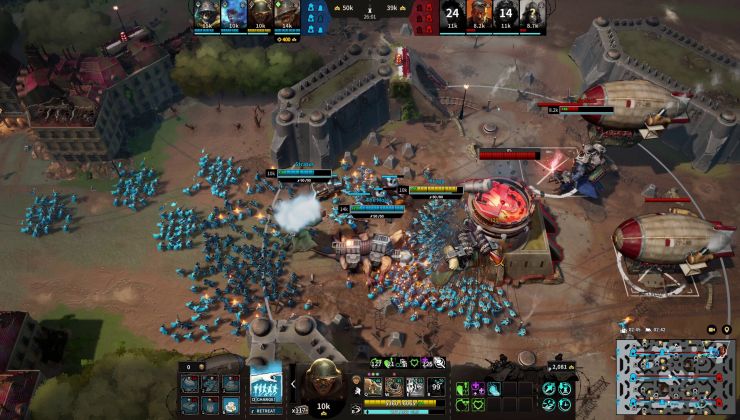
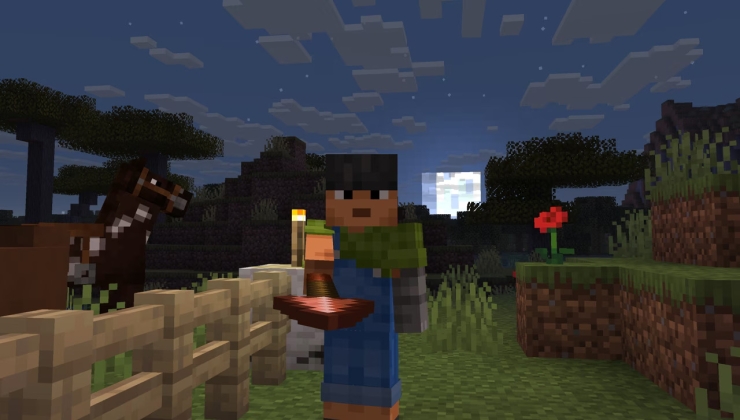
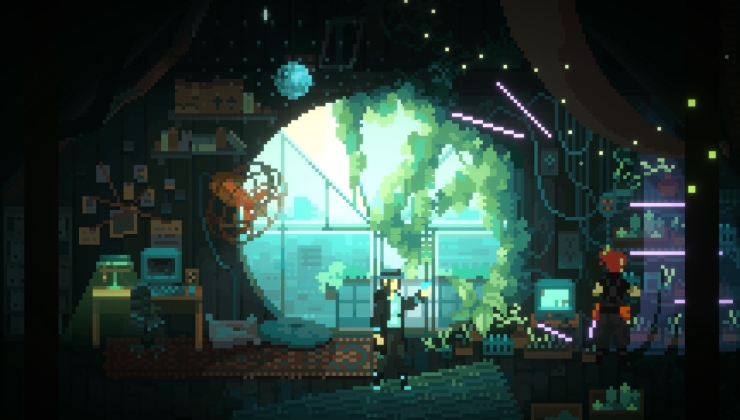
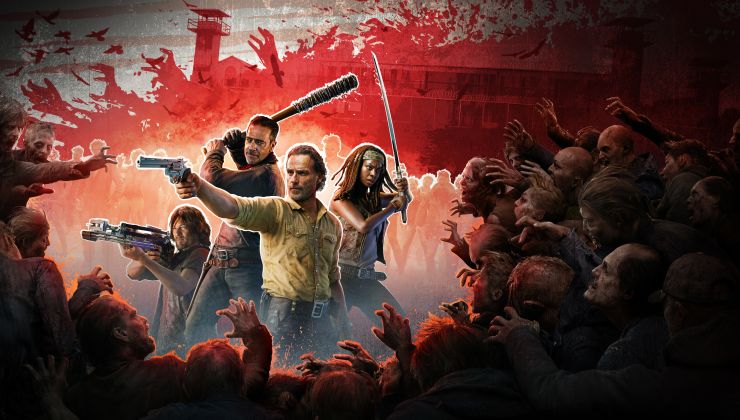

 How to setup OpenMW for modern Morrowind on Linux / SteamOS and Steam Deck
How to setup OpenMW for modern Morrowind on Linux / SteamOS and Steam Deck How to install Hollow Knight: Silksong mods on Linux, SteamOS and Steam Deck
How to install Hollow Knight: Silksong mods on Linux, SteamOS and Steam Deck